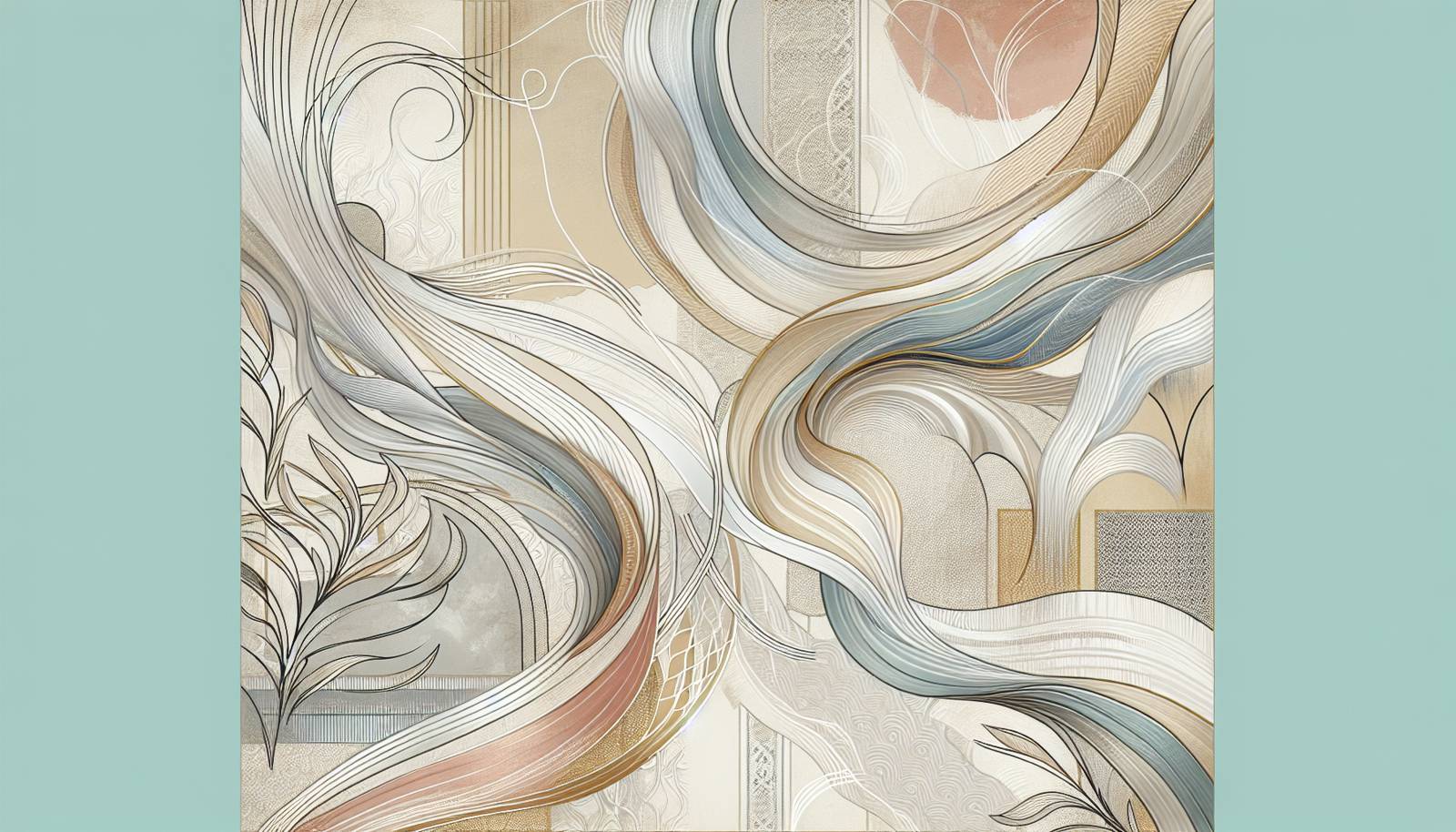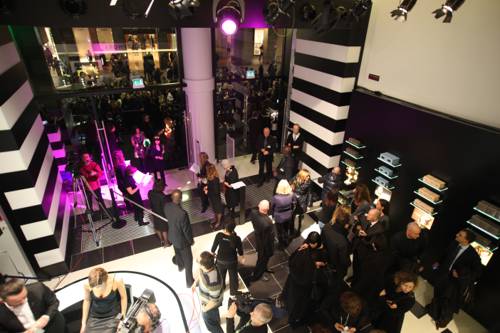
FAQ About The Role of Fashion Weeks in Global Trendsetting

What is the primary purpose of fashion weeks?
Fashion weeks serve as a platform for designers and brands to showcase their latest collections to buyers, media, and the public. They aim to set upcoming trends, gauge consumer interest, and generate media buzz in anticipation of retail seasons.

How do fashion weeks influence global fashion trends?
Fashion weeks are critical in establishing global fashion trends as they present designers' future collections which often dictate the trending colors, fabrics, and styles for the season. Media coverage and influencer presence further amplify these trends worldwide.

What are the 'Big Four' fashion weeks?
The 'Big Four' fashion weeks refer to the most prominent and influential fashion weeks in the world: New York, London, Milan, and Paris. Each of these events attracts top designers, buyers, celebrities, and media, making them pivotal in setting global fashion directions.

How do emerging markets participate in fashion weeks?
Emerging markets participate in fashion weeks by hosting their own events, such as São Paulo Fashion Week or Tokyo Fashion Week. These events provide a platform for local designers, help spotlight regional trends, and facilitate cross-cultural exchange in fashion.

In what ways do fashion weeks impact local economies?
Fashion weeks boost local economies through increased tourism, hospitality services, and retail sales. They attract international visitors who spend on accommodations, dining, and shopping, thereby generating significant economic activity during the events.

What role do social media play during fashion weeks?
Social media plays a crucial role in fashion weeks by disseminating trends instantaneously to a global audience. Platforms like Instagram and TikTok allow influencers and designers to share live updates, giving brands wider reach and real-time consumer feedback.

How are sustainability trends shaping fashion weeks?
Sustainability is increasingly shaping fashion weeks as designers incorporate eco-friendly materials and ethical practices into their collections. Many events now feature panels on sustainable fashion and are implementing measures to reduce their carbon footprints.

What is the impact of fashion weeks on consumer behavior?
Fashion weeks influence consumer behavior by setting trends that shape purchasing decisions. They create demand for specific styles and items that are featured on the runway, often leading to increased sales for those designs once they reach retail stores.

How do fashion weeks contribute to the evolution of the fashion industry?
Fashion weeks contribute to the evolution of the fashion industry by introducing new talent, encouraging innovation, and fostering competition among designers. They provide a collaborative space where industry insiders can exchange ideas and explore cutting-edge fashion concepts.

Why do designers choose to showcase at fashion weeks?
Designers choose to showcase at fashion weeks to gain exposure, attract media attention, and connect with buyers. These events offer an opportunity to highlight creative talent, garner critical acclaim, and secure business deals for upcoming retail seasons.

What is the significance of front row seating at fashion weeks?
Front row seating at fashion weeks is highly coveted as it is typically reserved for celebrities, influential editors, and top buyers. It signifies status and influence, and helps generate additional media coverage and visibility for both the attendees and the designers.

How do fashion weeks differ across cultures and countries?
Fashion weeks differ across cultures and countries in terms of the themes, styles, and cultural influences presented. While Western fashion weeks often focus on high fashion, others may emphasize streetwear or traditional garments, reflecting regional aesthetics and consumer preferences.

What are some criticisms of fashion weeks?
Criticisms of fashion weeks include their environmental impact due to excessive waste and resource consumption, lack of diversity and inclusion on the runways, and the pressure they impose on trends that can lead to fast fashion and unsustainable consumer habits.

How does technology enhance the experience of fashion weeks?
Technology enhances fashion weeks through live streaming, virtual reality (VR) shows, and digital media coverage, making these events accessible to a wider audience. Innovations such as 3D modeling and AI are also being integrated into the design and presentation processes.

What is the historical origin of fashion weeks?
Fashion weeks originated in the early 20th century with the first established events taking place in New York as "Press Weeks". They were initially created to shift focus from French fashion to American designers and have since evolved into major global events.

Are there fashion weeks focused solely on menswear?
Yes, there are menswear-specific fashion weeks such as London Collections Men and Pitti Uomo in Florence. These events focus exclusively on men's fashion, highlighting trends, innovations, and designs specifically within menswear sectors.

How have digital platforms changed the nature of fashion weeks?
Digital platforms have democratized fashion weeks by allowing broader access through online streaming and social media, which has shifted some focus from physical attendance to digital engagement. This transformation enables more interactive and inclusive participation.

What are some of the innovations seen during recent fashion weeks?
Recent fashion weeks have showcased innovations such as augmented reality (AR) showings, blockchain for authenticity verification, and sustainably produced garments using recycled materials. These innovations reflect an industry embracing technology and sustainability.

How do brands measure success at fashion weeks?
Brands measure success at fashion weeks through media coverage, sales interest, social media engagement, and critical acclaim. Success is often determined by the influence on trendsetting and the ability to attract potential buyers and collaborators.

What are alternative fashion weeks and why do they exist?
Alternative fashion weeks, like Berlin Alternative Fashion Week, exist to provide a platform for avant-garde, experiential, and often independent designers. They aim to deviate from mainstream fashion, focusing on innovation, inclusivity, and subcultural expression.
